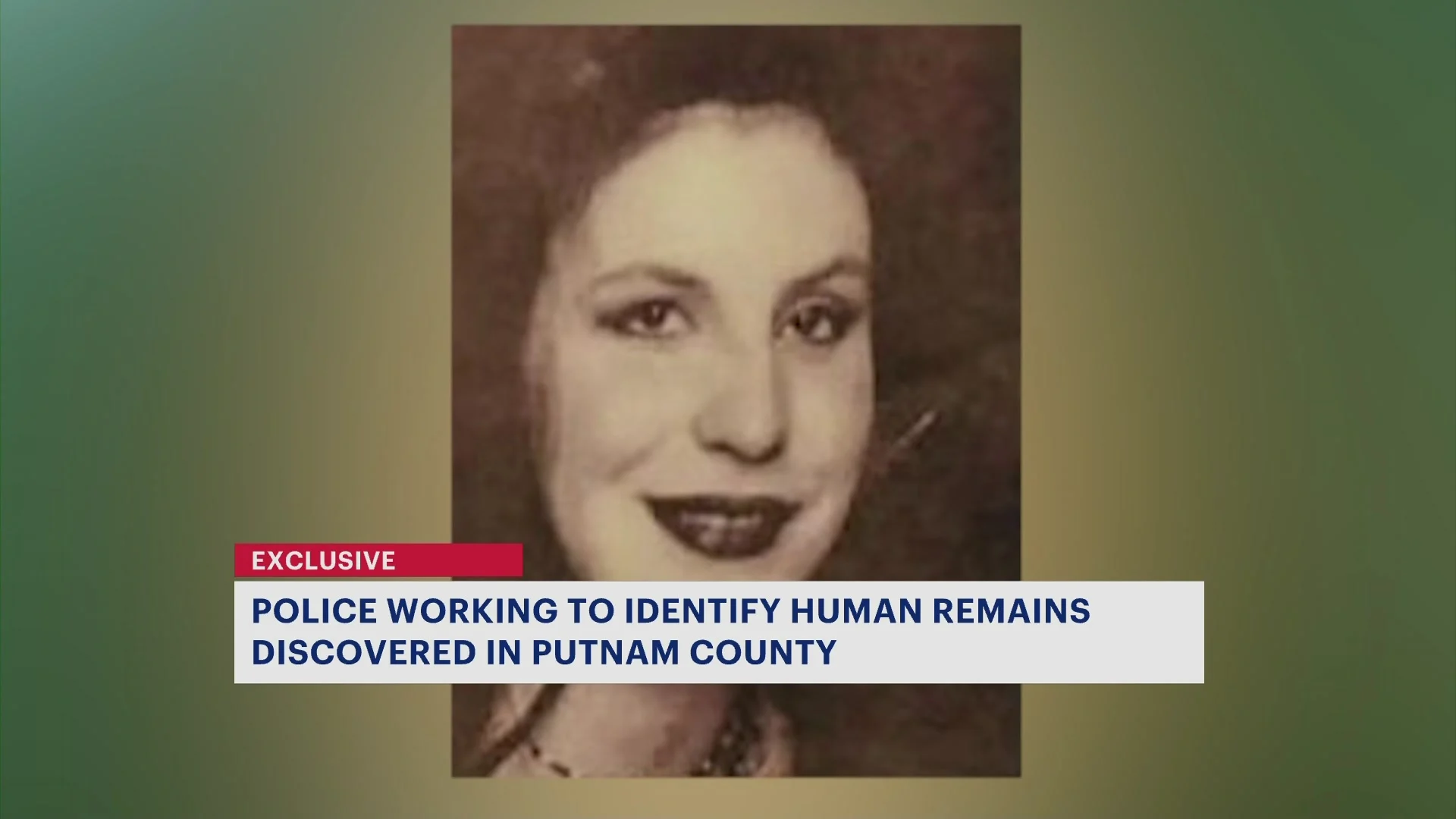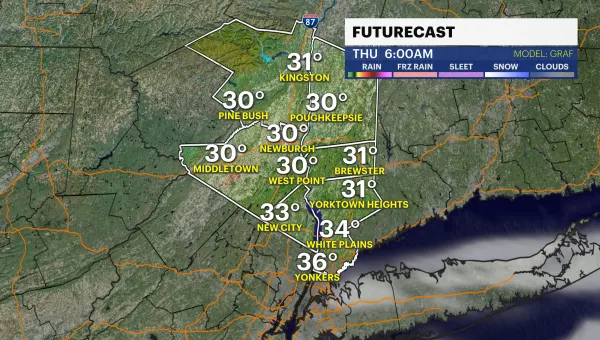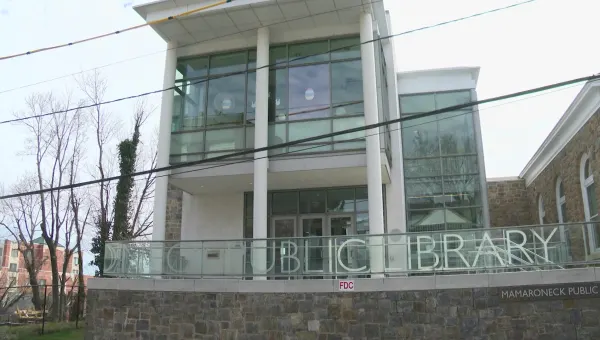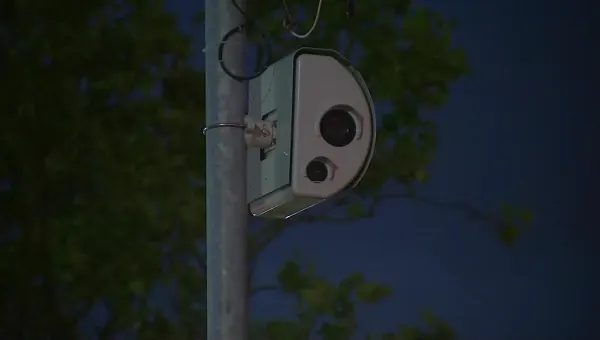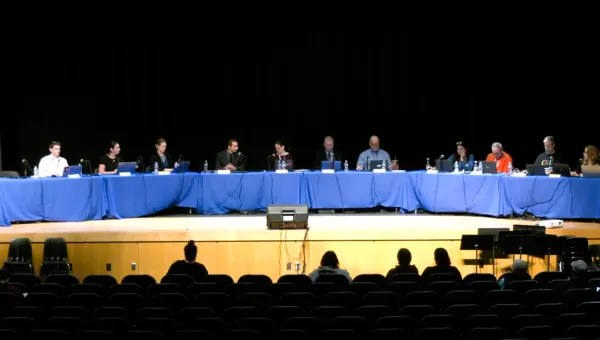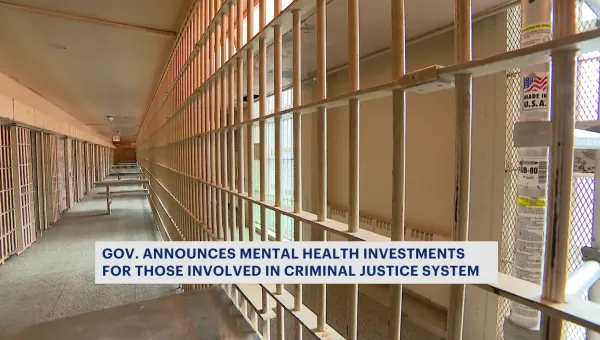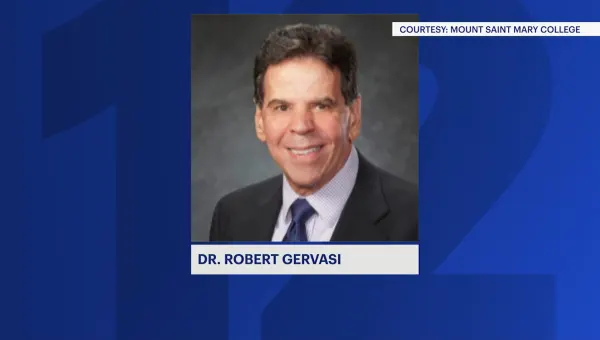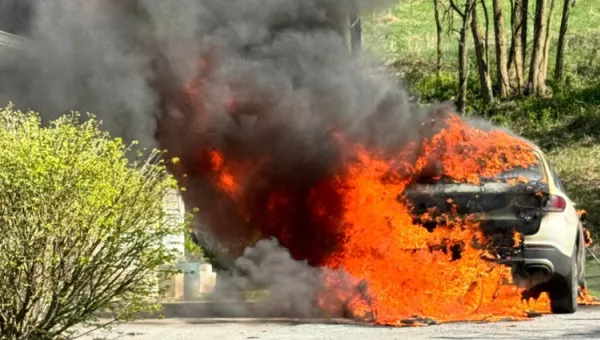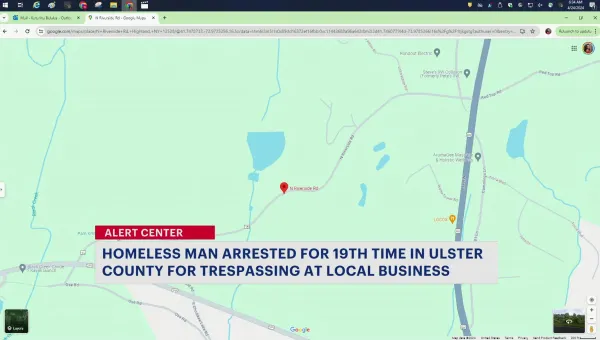4 safety protocols for youth and summer camps from the CDC
If your camp decided to open this summer, things are most likely going to look a little different this year.
News 12 Staff
•
Sep 14, 2020, 4:46 PM
•
Updated 1,318 days ago
Share:
More Stories
1:02

Composting can save money, help gardens and save the planet. Here are 10 tips to get you started
17h ago4:39

Guide: Ways to help you identify and deal with work burnout
9ds ago0:45
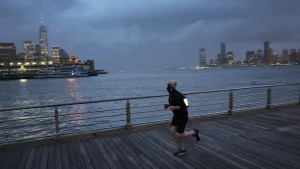
Guide: 6 tips to help you cope with stress
16ds ago8:53

What can stress cause in you? Learn the facts about stress and how to get help
23ds ago
Guide: Resources for small businesses in Connecticut, New Jersey and New York
26ds ago2:02

Guide: Tips to save on everyday purchases and subscriptions
34ds ago1:02

Composting can save money, help gardens and save the planet. Here are 10 tips to get you started
17h ago4:39

Guide: Ways to help you identify and deal with work burnout
9ds ago0:45

Guide: 6 tips to help you cope with stress
16ds ago8:53

What can stress cause in you? Learn the facts about stress and how to get help
23ds ago
Guide: Resources for small businesses in Connecticut, New Jersey and New York
26ds ago2:02

Guide: Tips to save on everyday purchases and subscriptions
34ds agoIf your camp decided to open this summer, things are most likely going to look a little different this year.
The U.S. Centers for Disease Control and Prevention as well as the states have released detailed guidelines on safety measures, and cleaning protocols to protect children, camp staff, and communities, from the spread of COVID-19.
According to the CDC, the more people a camper or staff member interacts with, and the longer that interaction, the higher the risk of COVID-19 spread. The risk of COVID-19 spread increases in youth camp settings as follows:
Lowest Risk: Small groups of campers stay together all day, each day. Campers remain at least 6 feet apart and do not share objects. Outdoor activities are prioritized. All campers are from the local geographic area (e.g., city, town, county, community).
More Risk: Campers mix between groups, but remain at least 6 feet apart and do not share objects. Outdoor activities are prioritized. All campers are from the local geographic area (e.g., community, town, city, or county).
Even More Risk: Campers mix between groups and do not remain spaced apart. All campers are from the local geographic area (e.g., community, town, city, or county).
Highest Risk: Campers mix between groups and do not remain spaced apart. All campers are not from the local geographic area (e.g., community, town, city, or county).
Here are 4 safety protocols for youth and summer camps from the CDC and New York State:
1. Promoting behaviors that reduce spread
Camp administrators may consider implementing several strategies to encourage behaviors that reduce the spread of COVID-19. Some include:
Encourage staff, campers and families to stay home when sick, if tested positive for or are showing COVID-19 symptons, or had close contact with a person with COVID-19.
Teach and reinforce handwashing with soap and water for at least 20 seconds, and encourage staff and campers to cover coughs and sneezes with a tissue. New York and New Jersey camps will require campers and staff to wash their hands in between and after each activity.
Teach and reinforce the use of cloth face coverings. Face coverings may be challenging for campers (especially younger campers) to wear in all-day settings such as camp. Face coverings should be worn by staff and campers (particularly older campers) as feasible, and are most essential in times when physical distancing is difficult. In New York state, face coverings are not required for young campers. Older campers are encouraged, but not required to wear face coverings. However, camp staff are required to wear face coverings at all times while caring for or otherwise interacting with children.
Support healthy hygiene by providing supplies including soap, hand sanitizer with at least 60 percent alcohol, paper towels, tissues, disinfectant wipes, cloth face coverings, and no-touch/foot pedal trash cans.
Post signs, broadcast regular announcements and send messages to families with information that promotes everyday protective measures ,and describe how to stop the spread of germs such as by properly washing hands and properly wearing a cloth face covering.
2. Maintaining healthy environments
Camp administrators may consider implementing several strategies to maintain healthy environments. These include:
Increasing cleaning and disinfecting frequently touched surfaces, transport vehicles.
Discourage sharing of items that are difficult to clean, sanitize, or disinfect. Keep each camper’s belongings separated from others’ and in individually labeled containers, cubbies, or areas. Ensure adequate supplies to minimize sharing of high-touch materials. Avoid sharing electronic devices, toys, books, and other games or learning aids.
Ensure ventilation systems operate properly and increase circulation of outdoor air as much as possible, for example by opening windows and doors.
To minimize the risk of Legionnaires’ disease and other diseases associated with water, take steps to ensure that all water systems and features are safe to use after a prolonged facility shutdown. Drinking fountains should be cleaned and sanitized, but encourage staff and campers to bring their own water to minimize use and touching of water fountains.
Space seating at least 6 feet apart. If nap times are scheduled, ensure that campers’ naptime mats are assigned to individual children. Prioritize outdoor activities where social distancing can be maintained as much as possible. Create social distance between campers on school buses when possible.
Install physical barriers, such as sneeze guards and partitions, particularly in areas where it is difficult for individuals to remain at least 6 feet apart. Provide physical guides, such as tape on floors or sidewalks, and signs on walls.
Have campers bring their own meals as feasible, and eat in separate areas or with their smaller group, instead of in a communal dining hall or cafeteria. If food is offered at any event, have pre-packaged boxes or bags for each attendee instead of a buffet or family-style meal. Avoid sharing of foods and utensils.
3. Maintaining healthy operations
Camp administrators may consider implementing several strategies to maintain healthy operations. Including:
Protections for staff and campers who are at higher risk of severe illness from COVID-19.
Be aware of local or state regulatory agency policies related to group gatherings to determine if events can be held.
Keep campers together in small groups with dedicated staff and make sure they remain with the same group throughout the day, every day.
Stagger arrival and drop-off times or locations by cohort (group) or put in place other protocols to limit contact between groups and with other campers’ guardians as much as possible. For example New York will not have buses operating.
Avoid group events, gatherings, or meetings where social distancing of at least 6 feet between people cannot be maintained. Limit visitors.
Designate a staff person to be responsible for responding to COVID-19 concerns. All camp staff and families should know who this person is and how to contact them.
Train staff on all safety protocols.
Encourage employees and campers to take breaks from watching, reading, or listening to news stories about COVID-19, including social media if they are feeling overwhelmed or distressed.
4. Prepare for when someone gets sick
Camp administrators may consider implementing several strategies to prepare for when someone gets sick. Those strategies include:
Advise sick individuals of home isolation criteria.
Isolate and transport those who are sick.
Clean and disinfect.
Notify health officials and close contacts.
